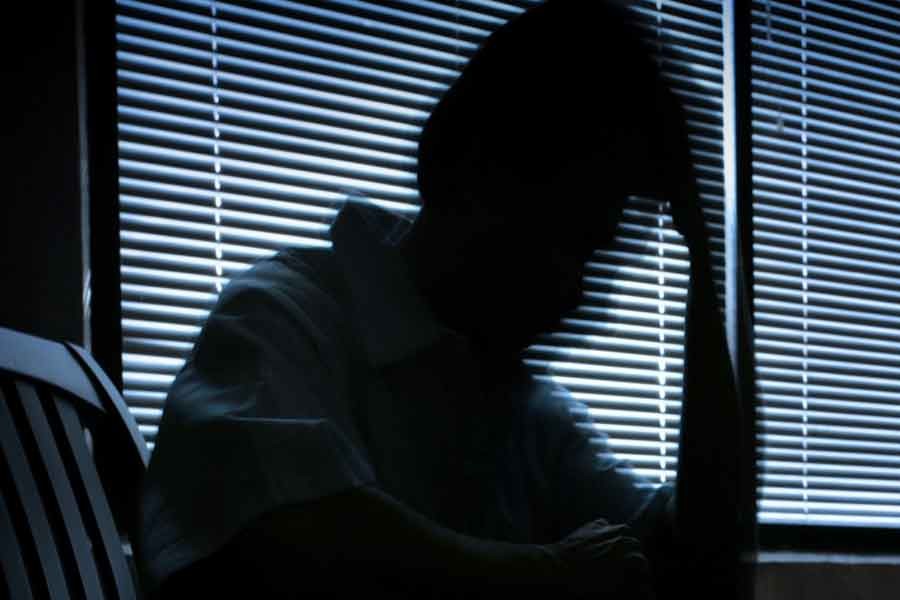Mild shock therapy may ease anxiety, depression, but not chronic pain: Study

Published :
Updated :

People with anxiety and depression might feel a little better after they get mild electric shock therapy, but it’s unclear how much it will help or whether this treatment might ease other conditions, researchers say.
The therapy, known as cranial electrical stimulation, delivers a current similar to that of a 9-volt battery through electrodes on skin to the brain, according to a Reuters report.
Researchers examined data from 26 clinical trials that randomly assigned some patients with a variety of chronic painful conditions to receive this therapy and others to get a placebo or dummy treatment or stick with usual care.
Most of these trials were too small or brief to offer conclusive evidence that cranial electrical stimulation works for headache, joint pain, musculoskeletal pain, headache, fibromyalgia, insomnia, or depression alone, the analysis found.
For people with both depression and anxiety, however, researchers found “low-strength” evidence of a modest benefit.
“If there is a benefit, it is probably not on average a large benefit, because when a treatment has an average benefit that is large this is usually pretty obvious even from a small number of studies or even studies of a small number of patients,” said lead study author Dr Paul Shekelle, of the West Los Angeles Veterans Affairs Medical Center.
“But the benefit of cranial electrical stimulation does not have to be large for it to still be a useful additional option for treatment of these conditions, because for most of them we don’t have large benefit treatment options,” Shekelle said.
With depression and anxiety in particular, four of the five studies in the analysis were conducted more than 40 years ago using shock therapy devices that are no longer available, researchers note in the Annals of Internal Medicine.
In the largest and most current study, patients did report bigger reductions in depression and anxiety symptoms with shock therapy than with usual care that included antidepressants. But the study only enrolled 115 patients and lasted just five weeks.
Cranial electrical stimulation appeared safe, or at least the review didn’t find evidence of serious side effects.
Amid a worsening opioid crisis, doctors and patients are increasingly considering this type of therapy as an alternative to prescription painkillers, many of which can be addictive.
“This information is disappointing,” Dr Wayne Jonas, executive director of Samueli Integrative Health Programs in Alexandria, Virginia, writes in an accompanying editorial.
Insufficient proof of effectiveness from this collection of mostly small, brief studies doesn’t necessarily mean cranial electrical therapy is ineffective, Jonas writes.
“It should be used only after physician evaluation and under proper supervision,” Jonas said by email.


 For all latest news, follow The Financial Express Google News channel.
For all latest news, follow The Financial Express Google News channel.